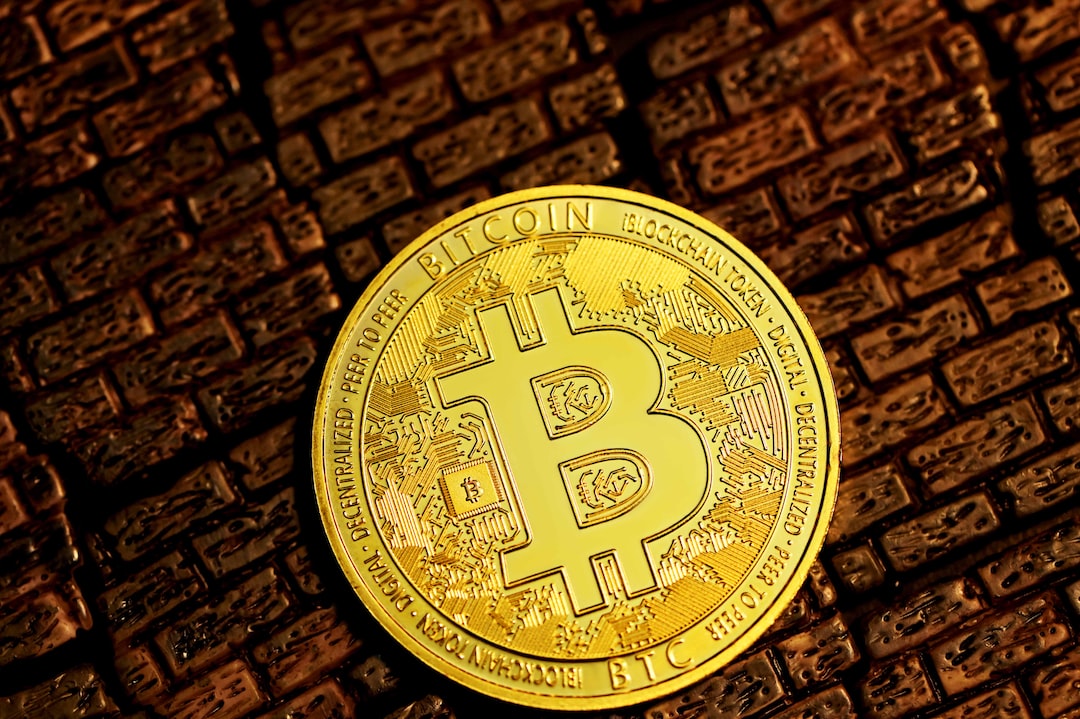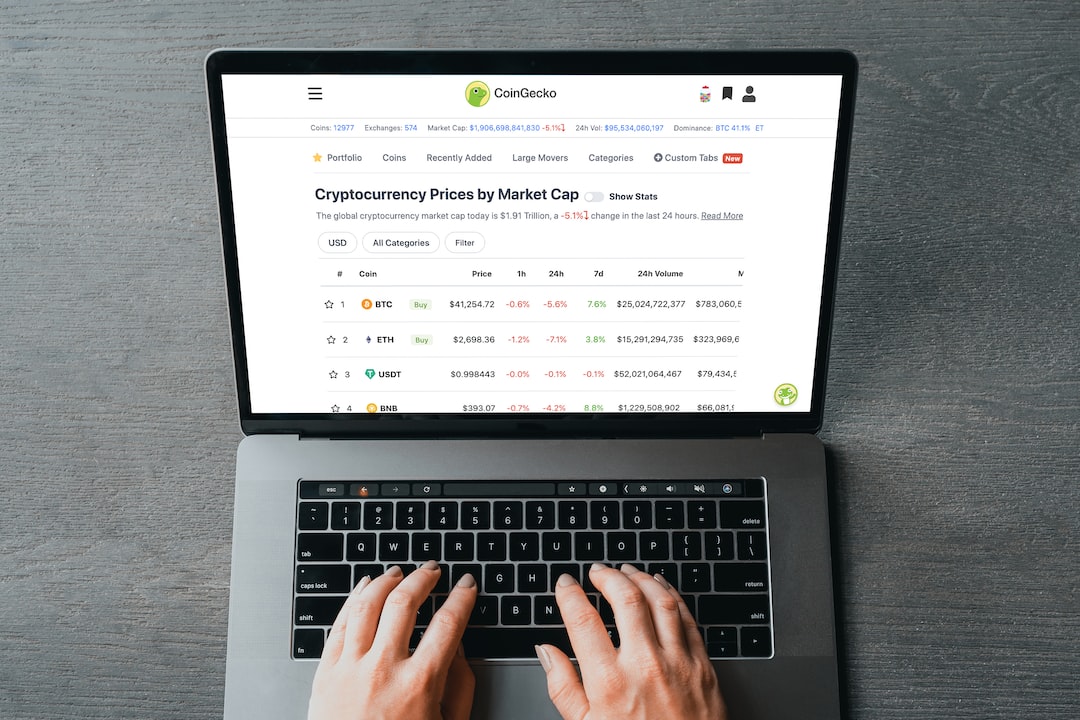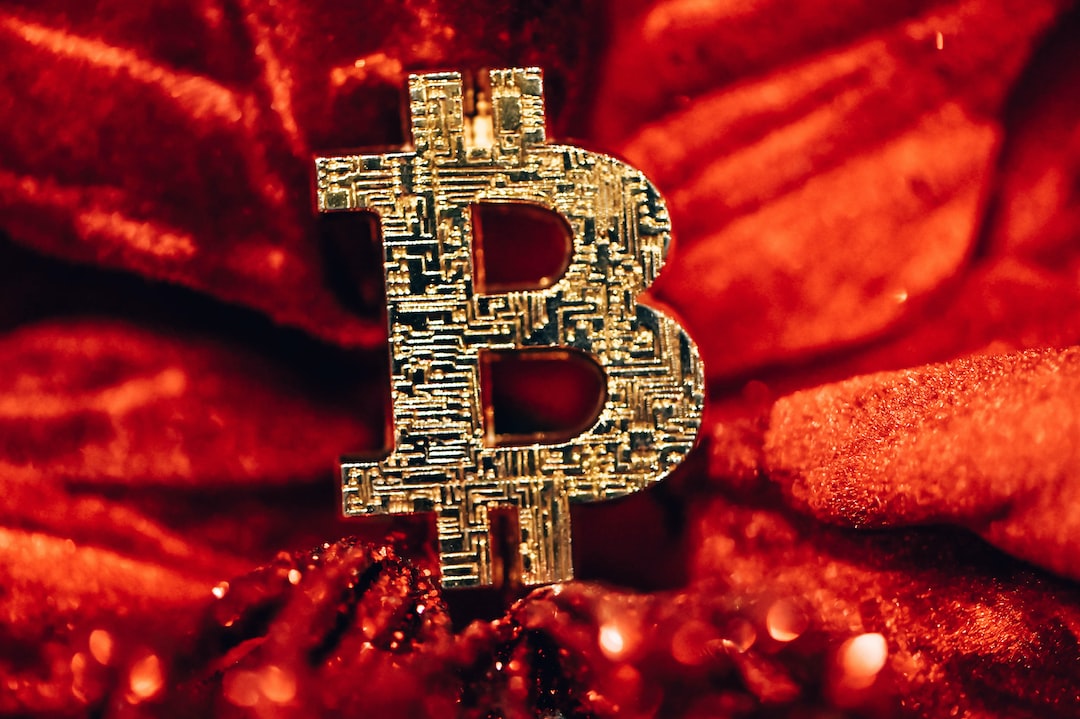Beam Halving: Privacy-Focused Blockchain to Reduce Mining Rewards
The privacy-focused blockchain, Beam, is set to undergo its second halving in January. This halving will result in a reduction of the number of Beam coins awarded to miners from 40 to 20.
Similar to Bitcoin, Beam is a proof-of-work network that rewards miners for securing the network. However, next month’s halving will mark the end of contributions to the Beam Treasury from mining activities.
Beam Halving Ends Treasury Contributions
With the upcoming halving, when the supply of circulating Beam coins reaches 60%, all mining proceeds will go solely to miners. Previously, block rewards were split between miners and the Treasury.
Beam is a deflationary asset with a software that reduces the amount of tokens earned by miners by half every four years. The total supply of Beam coins that will ever be issued is 262,800,000.
Privacy Coins Remain Controversial
Privacy has always been a contentious topic in the blockchain world. While Bitcoin is transparent and traceable, privacy coins have emerged as an alternative for those seeking anonymity.
These privacy coins utilize encryption methods or random signatures to obscure fund flows even though blockchain data is public. Examples include Monero (XMR), which uses random signatures to make sender identities difficult to determine, Zcash, which employs zero-knowledge methods for identity verification without revealing it, and Dash, which offers an optional feature called PrivateSend to hide transaction information.
However, privacy coins have faced bans and delistings due to concerns about their potential for criminal activities. Governments in Dubai, Japan, South Korea, and Europe have restricted or banned their use.
Hot Take: The Future of Privacy Coins
The controversy surrounding privacy coins has led to many exchanges delisting them. However, instead of outright bans, thoughtful regulation could allow these coins to have optional privacy features. Nonetheless, the global trend towards government-controlled tokenized currencies may pose challenges to the fight for privacy rights in the cryptocurrency space.





 By
By
 By
By

 By
By
 By
By
 By
By